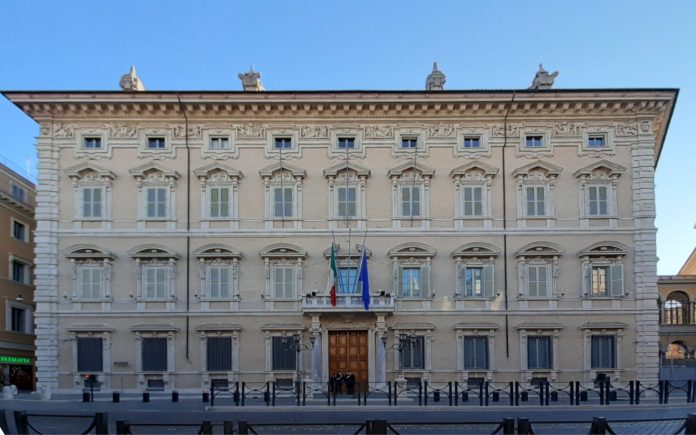by EH
Italian Prime Minister Giorgia Meloni has reiterated her intention to abstain from voting in a series of five national referendums set to take place on June 8 and 9, while emphasizing her plan to still appear at her local polling station.
The referendums include four questions related to labor reform, and a fifth concerning a proposed reduction in the residency requirement for non-European Union citizens to apply for Italian citizenship—from the current 10 years to five. The citizenship referendum, in particular, has drawn strong opposition from Meloni’s right-wing government.
Speaking at an event in Rome on Thursday evening, Meloni stated, “I will not contribute to the referendum reducing the term for granting citizenship to foreigners in Italy to five years,” describing the country’s existing citizenship legislation as “excellent” and “very open.” She framed abstention as a legitimate and legal form of political expression, saying that it is “everyone’s right.”
Her government has largely promoted abstention as a strategy to prevent the referendums from reaching the quorum—50 percent plus one of eligible voters—required for the results to be valid.
Under current Italian law, established in 1992, non-EU citizens must be legally resident in Italy for 10 years before they can apply for citizenship. Children born in Italy to foreign nationals must wait until their 18th birthday to become eligible.
The citizenship referendum was authorized after an online petition gathered over 500,000 signatures, meeting the threshold required to trigger a popular vote.
In comments earlier this week, Meloni announced that while she plans to visit her polling station, she will refrain from collecting her ballot paper, thereby not contributing to the quorum. On Thursday, she reiterated this position, noting that as prime minister, she believes it is important to “show respect for the ballot boxes and the referendum institution.”
The stance has drawn criticism from members of the center-left opposition. Elly Schlein, leader of the Democratic Party (PD), accused the prime minister of attempting to derail the democratic process, saying Meloni “wants to scuttle the referendums.”
The remaining four referendums, promoted by Italy’s largest trade union, CGIL, focus on labor protections, including proposals to abolish certain forms of precarious employment and to strengthen worker rights in cases of dismissal and health-related job risks.
As the referendum weekend approaches, Meloni’s comments highlight the broader political stakes surrounding the issues and the strategies being used to influence both turnout and outcome.






























